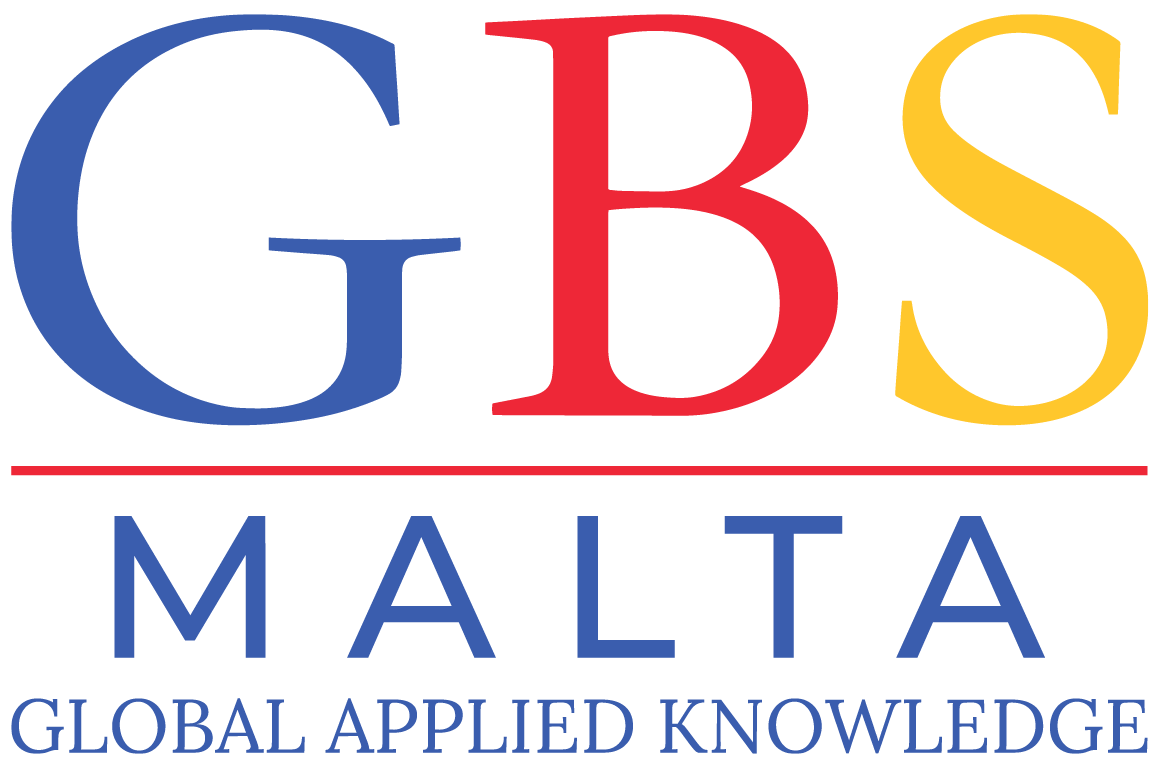Yes! The programme is MFHEA-accredited and aligned with the European Qualifications Framework (EQF Level 6), ensuring global recognition. Graduates can work or pursue master’s degrees across the EU, UK, and Commonwealth countries.
The global information technology (IT) market is expected to reach $5.6 trillion by 2025 (Statista, 2024). From AI-driven healthcare to blockchain finance, computer science and information technology professionals are the architects of this transformation. By 2030, roles such as software developers and data scientists are expected to grow by 25% (U.S. Bureau of Labor Statistics, 2024), outpacing most industries. For international students, a BSc Computer Science degree is more than just a qualification – it is a passport to shaping tomorrow’s digital ecosystems.
At GBS HE Malta, the BSc (Hons) in Computer Science and Information Technology blends coding mastery, industry projects and Malta’s sun-kissed innovation hub. Here are some reasons why this three-year programme could be your launching pad.
Introduction and market context
The technology industry is experiencing unprecedented growth due to the effects of digital transformation across sectors. Recent data from the U.S. Bureau of Labor Statistics indicates that total employment in computer science and information technology is projected to grow by 4.0% from 2023 to 2033, adding 6.7 million jobs (Industry and occupational employment projections overview and highlights, 2023–33).





